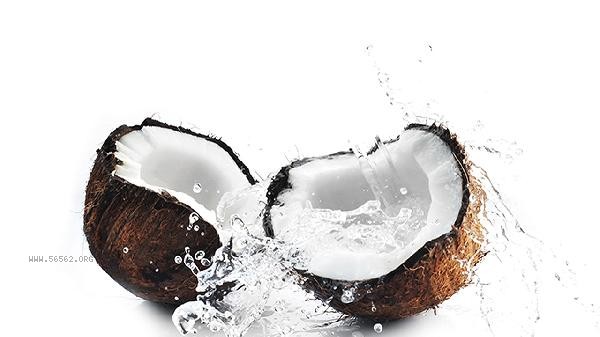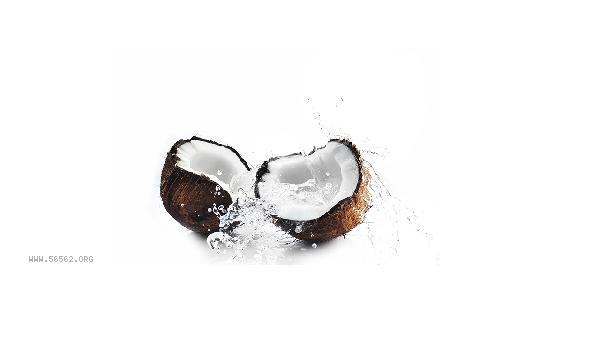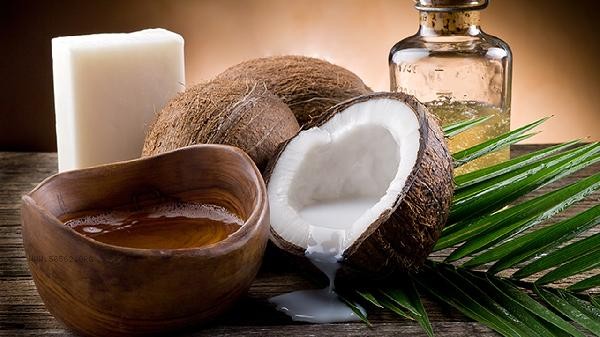Coconuts can be stored at room temperature for 1-2 days after opening, and can be stored for 3-5 days when refrigerated. The storage time is affected by factors such as opening size, storage temperature, environmental humidity, degree of exposure to coconut meat, and microbial contamination.

1. Opening size
When the diameter of the coconut opening is less than 1 centimeter, the internal contact surface with air is small, the oxidation rate is slow, and the coconut juice is not easily spoiled. If the opening is too large or the coconut shell ruptures, it will accelerate bacterial invasion and water evaporation. It is recommended to drink it within 24 hours.
2. Storage temperature
A high temperature environment above 25 ℃ can promote the fermentation of coconut juice to produce acid, and flocculent substances may appear within 8 hours. 4 ℃ refrigeration can inhibit microbial growth, but it needs to be sealed to avoid cross contamination. Freezing can cause coconut juice to layer and the taste to deteriorate after thawing.
3. Environmental humidity
A dry environment can accelerate the loss of moisture from coconut juice, resulting in a daily weight loss of about 10% after opening. Relative humidity above 70% can delay dehydration, but attention should be paid to mold prevention. Suggest wrapping the opening with plastic wrap.

4. When coconut meat is exposed to
holes, if the coconut meat tissue is damaged and the juice leaks, it can breed mold. If the coconut meat turns yellow or the juice becomes cloudy to the naked eye, it indicates that it has spoiled. The intact coconut flesh layer can block oxygen and extend the shelf life by 1-2 days.
5. Microbial contamination
Mold spores carried by the perforation tool can reproduce within 6 hours. Coconut juice has a high sugar content and is an ideal microbial culture medium. If there is a sour taste, bubbles, or thick stringiness, it should be discarded immediately.

It is recommended to drink as soon as possible after opening the hole, and storing the coconut upside down can reduce air contact. Refrigerated storage should be wrapped in food grade sealed bags to avoid mixing with raw meat. If long-term storage is required, coconut juice can be boiled and sterilized before freezing, but thermosensitive nutrients such as vitamin C will be lost. Coconut water is rich in electrolytes, and drinking it after spoilage may cause gastrointestinal discomfort. Infants, young children, and immunocompromised individuals should pay special attention. Observing whether coconut juice is clear and transparent, and whether there are any layers, is a simple method to determine freshness.









Comments (0)
Leave a Comment
No comments yet
Be the first to share your thoughts!